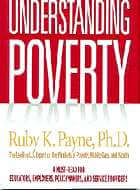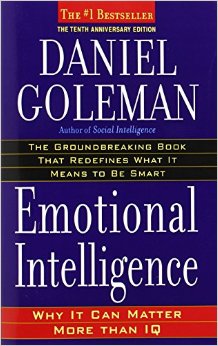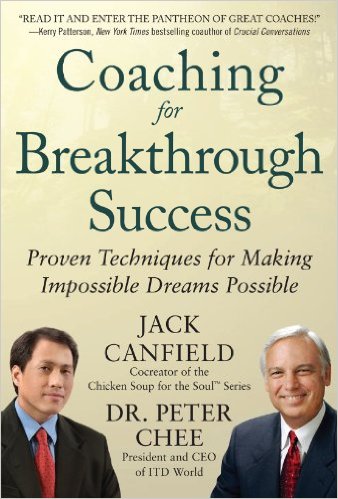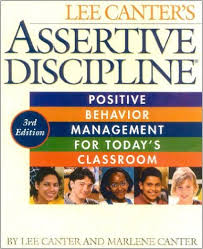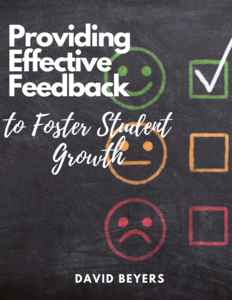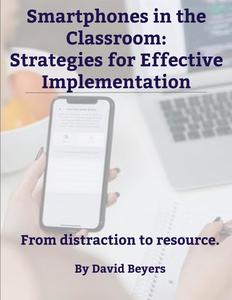“I have loved this course, and thank you for putting it out there!Please let me know if you need any more information from me, or would prefer any of this in a different format.And to be perfectly clear, once this course work has been evaluated and turned in to the University, one transcript will reflect both courses I have taken?Thank you so much.”
- 3 Credits -
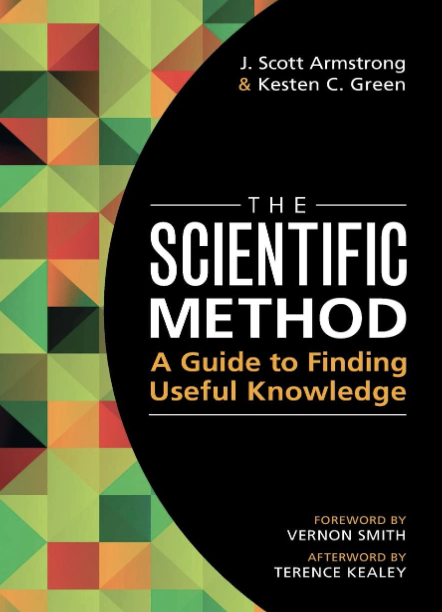
3 Semester Credits
(post-baccalaureate
PD credits for re-certification and
pay-lane increases)
- accredited nationwide
- start any time
- up to 5 months to complete
- independent study
- all course materials included with course tuition
- view FAQ
Course Description
This course addresses the process used for studying and implementing the Scientific Method. Educators will renew their knowledge and procedures needed to understand and apply the Scientific Method. They will be able to analyze and comprehend how the current medical and related research issues are affecting society, students and schools. Teachers will examine the latest research as it applies to the body’s immune system and overall health of individuals. Educators will learn how to understand valid research studies, data and conclusions for use in educational and sociological research studies. They will research these methodological issues and develop writings, lessons/activities for classroom application to help students and educators understand, perform and utilize the scientific method.
Teacher feedback about this course
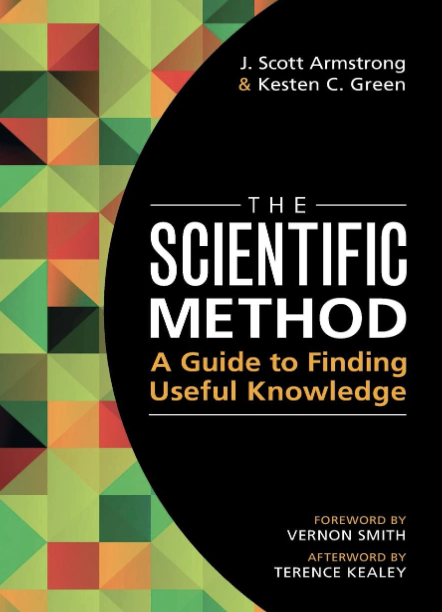


$425
3 Semester Graduate Credits
Item categoryclassroom-environment not found.Item ma-categoryclassroom-environment not found.Item categoryclassroom-environment2 not found.Item ma-categoryclassroom-environment2 not found.
A Guide to the Scientific Method
- 3 Graduate Credits -



Course Objectives
- Teachers will develop knowledge, understanding and strategies for applying and implementing the Scientific Method into various academic disciplines.
- Educators taking this course will be able to discern between Scientific Opinion vs. Scientific Methods by complying with valid procedures for accurate results.
- Teachers will learn about the practices of scientific journals both positive and negative regarding their funder’s goals and journal publications conclusions.
- Educators will learn about Confirmation Bias and its influence on objectivity as it relates to advocacy, promotion and acceptance of unreliable research.
- Teachers will research valid Scientific Methods use as they related to medical issues, policy and procedures that affect students’ health and safety in school.
- Teachers will examine these issues and develop lessons/activities that utilize strategies in the book for improving the use of scientific method applications.
Credit Hours
3 Semester Credits (post-baccalaureate professional development credit)
Course Instructor
Joseph C’de Baca MaEd.
Grade Type
University Transcript: Click Here For Details
A Guide to the Scientific Method
What Others Are Saying About This Course
Nancy O. – MO –
“I had the pleasure of ordering a course from you last year. It was a wonderful book study on Wayne Dyer’s “Excuses Be Gone” book. I’m a high school math teacher who teaches both upper level honors kids as well as low level freshman, and I noticed that across the board, my students can be excellent excuse makers!“
Melanie E. – ND –
Denise B. – WI –
“It worked! I got all the info and re-ordered a transcript and got an email that it was mailed out today to the DPI here in Wisconsin and one to myself as well. Thanks so much for clearing it up for me. I really did enjoy the classes and the books. My niece, who is a sophmore in high school took my Seven Habits of Highly Effective Teens book and is sharing it with her friends as well. Thanks for the class offerings!! I will be sure to recommend it to my friends as well.“
Christine G. – IN –
“Thank you very much, I appreciate your help in getting this to me for timely processing with my district.”
Tina B. – MD –
“I would like to personally thank the individual or group who decided to offer courses that were very ideally fitting for educators. I am more excited about these courses than any professional development I have taken in over ten years. Thank you for thinking outside the box and offering courses that sound so fascinating and meaningful.”
TLC Testimonials



